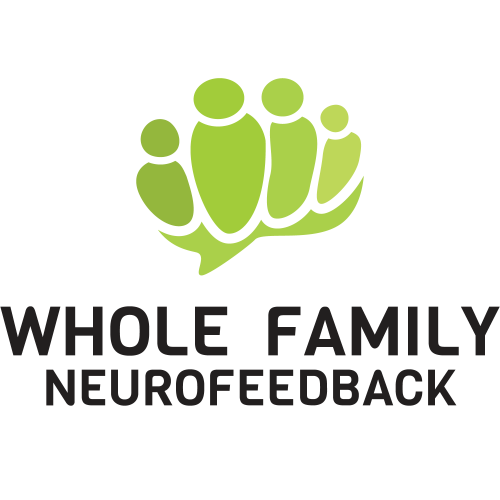But You Don’t Have To.
Marriage Help for Uncertain Times
I must confess. The easiest (and worst) thing for me to do when I’m upset with my husband is to go global. I really do know better, but my brain JUST GOES THERE! When he does something with our daughters that upsets me, I can easily make many grand conclusions about him and about our relationship. With coronavirus having gone global, I am reminded of how easy it is for couples to go global…emotionally and mentally…making painful moments even more painful with deep dives into “underlying problems.” When couples go global, they miss the big picture…and therefore miss any real pathways for change. With shelter in place orders in effect around the world, it’s that much easier for us to go global and to miss what’s really happening in our relationships. Read on for essential marriage help for the difficult times we are facing.
Amy and Keith have been married for 14 years. With shelter in place in effect, they are both working from home, with two young kids in tow. Their relationship has always been intense…intensely happy and close, then swinging to intensely angry and frustrated and hopeless. After a recent fight about splitting their, now constant, childcare needs, Keith and Amy were seeking marriage help. Keith, in particular, had concluded that the “real problem” was that they’ve never been happy…that she’s never really wanted the relationship…and that there was no way for him to ever make her happy. Whew! Have you been there? I know I have in my own ways. Instead of being able to take a step back, both Keith and Amy went global, and the whole relationship became “bad.”
Conventional marriage help inadvertently promotes globalization by talking about diagnosing oneself, one’s children or one’s spouse, “underlying problems” and “attachment issues” and “compatibility.” This thinking implies there is something deep in one’s psyche or one’s spouse’s psyche that is wrong or broken and is therefore “causing” a problem. Systems theory, which is an alternate way of thinking about relationships, suggests the problems are dynamic…relational…ecological. If a problem is defined as dynamic, it is moveable…changeable. If a problem is defined as set in the stone of your psyche, then the problems become global and unworkable. Systems theory helps couples think about the big picture, the ebb and flow, and the here and now of a problem.

How do couples go global?
- When in conflict, we easily make grand conclusions about our spouses including various diagnoses
- We walk on eggshells, and in that hypersensitivity to them (think of this sensitivity as a descriptor of how we relate rather than as a psychological state), we intervene in their relationships with the kids or with their parents, siblings, or friends….OR…
- In our hypersensitivity to their hypersensitivity, we can also just feel hopeless and withdraw.
- We think in terms of “always” and “never” instead of observing an ebb and flow.
- We predict the future. He will never change. She will always do X.
How Does Thinking Systems Offer Better Marriage Help?
Thinking systems means learning about how relationships really work. It means understanding a family from an evolutionary, biological, and emotional process perspective. It means beginning to think about relationship triangles. (What’s that?!) It means thinking about nuclear family process (Huh?!). It means thinking about differentiation of self (Tell me more!). Hopefully, it also means thinking in terms of a multigenerational family process.
Systems thinking helps by promoting:
- A more objective look at moments in time
- A broader definition of a problem vs. a very narrow definition
- A broader scientific understanding of the human species and relationships
- Personal responsibility and potential rather than blame or
How Does Neurofeedback Offer Marriage Help?
Neurofeedback helps people develop more of an ability to think about their problems and to see them more objectively. It has a way of “melting” resentments and circular thinking. Here’s what some of our married couples are saying:
Brooke says:
“It only took two days on Neurofeedback before I began to feel differently. My thoughts were clearer, and they somehow seemed more my own. I felt like Neurofeedback released my mind from its own prison, and once my thoughts began to feel free, so did I. It is a journey to have my mind unencumbered by old patterns and terrible thoughts to be free now to actually be myself and get to know that person. I highly recommend it, combined with therapy, for anyone…especially those struggling with triggers and distressing experiences.”
Frank says:
“We’re up in the 50+ sessions each and yes we are feeling some remarkable shifts – mostly in realizing issues in our spousal communication, i.e., resentments have been softened, long-term misunderstandings have been cleared up. Still working on many of them, of course.”

